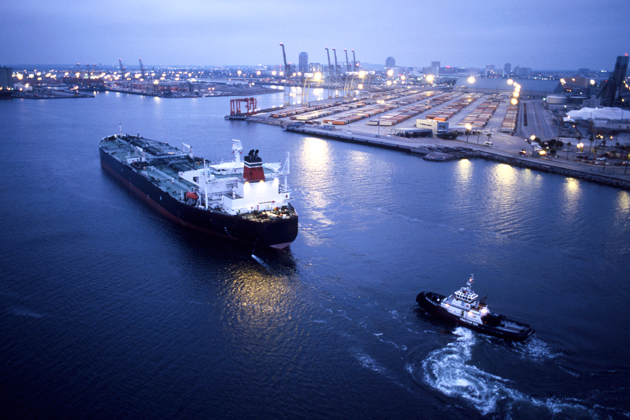Economy
Cost of Imported Goods to Surge in 2020

- Cost of Imported Goods to Surge in 2020
Costs of imported goods are expected to surge next year as the United Nations shipping agency, International Maritime Organisation (IMO), get ready to enforce its low Sulphur policy.
In 2016, IMO announced a new global sulphur regulation for marine vessels in a move to curb rising air pollution-related diseases.
The new IMO mandated all shipping companies to maintain 0.5 percent sulphur content, down from the current 3.5 percent maximum.
However, because shipping companies are now required to either install exhaust gas cleaning systems or switch to a low sulphur refined fuel that cost more to purchase, the cost of imported goods would surge starting from next year as the additional cost would be passed on to final consumers.
A recent data by the Nigerian National Bureau of Statistics showed that Nigeria’s import through the sea rose by N253.3 billion in the second quarter of 2019 to N3.35 trillion, while export rose by just N7.3 billion or 2.88 percent. An indication of the significance of import to the Nigerian economy.
Experts estimated that the new regulation could saddle the global shipping sector with about $40 billion in additional cost, while few others are saying it could even rise to $60 billion.
Also, this is expected to weigh on the entire global trade as over 90 percent of world trade transport are done by the sea.
Costs of low sulphur fuel like the diesel and jet fuel are predicted to increase substantially as producers would inflate prices with an increase in demand. This could add as much as 20 percent to fuel costs.
In Nigeria, a 20 percent increase in diesel would hurt the already struggling economy as both multinational companies and small businesses largely relied on diesel generators for operations.
Tunde Leye, a Lagos-based analyst with SBM Intelligence, said: “Businesses may struggle to survive, or in the best case scenario, would at least downsize.”
According to the International Air Transport Association (IATA), fuel consumption accounts for almost 25 percent of operating expenses in the aviation industry.
“The potential jet fuel price increase might pose a risk for airline profitability and risk management,” IATA said in a report.